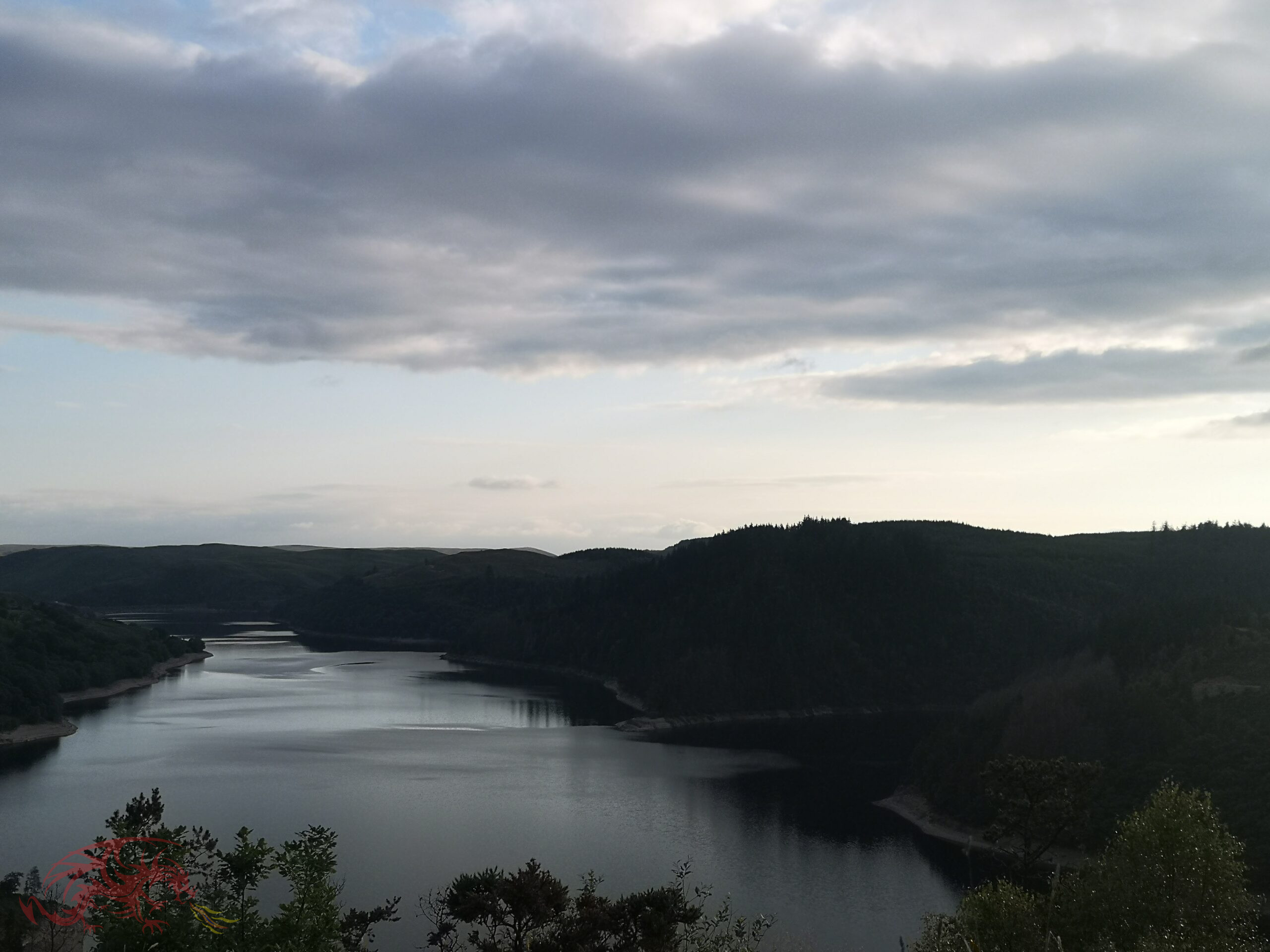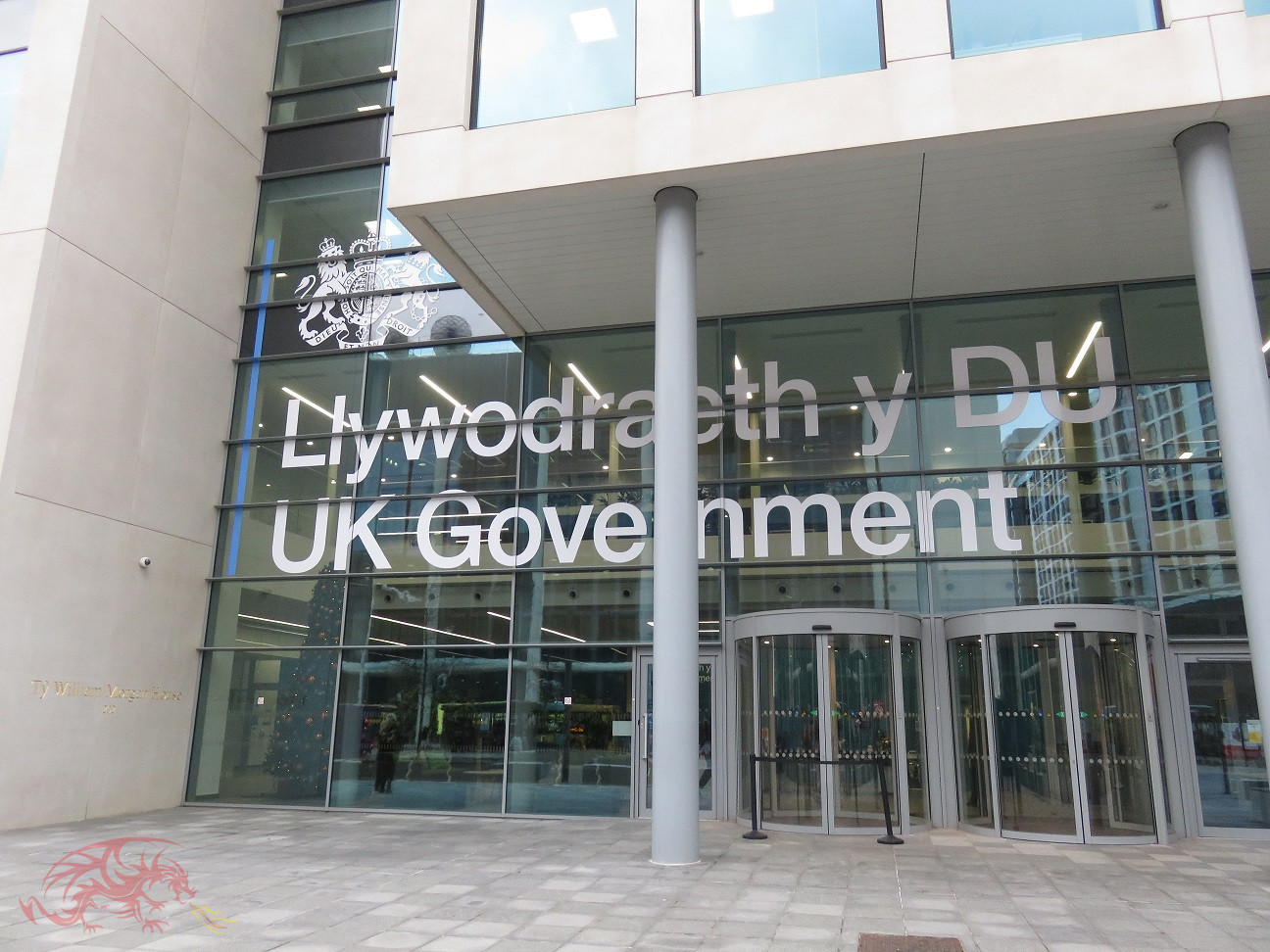Llŷr Gruffydd, who chairs the Senedd’s climate change committee, led a debate on a report following an inquiry on the performance of Welsh Water.
Mr Gruffydd told the chamber Welsh Water has dropped to a two-star environmental rating, with its overall performance categorised as “lagging” for the second year running.
Warning of growing public anger over sewage spills, he said: “Pollution, leakages, quality and supply interruptions are just some of the issues Welsh Water is struggling with.”
Mr Gruffydd, who represents North Wales, warned: “There’s a continuing public perception that Welsh Water can illegally spill sewage and get away with it scot-free.”
He emphasised that the only acceptable number of pollution incidents is zero.
‘Accountability gap’
Lee Waters suggested goodwill towards Welsh Water – which is owned by Glas Cymru, a non-profit company – has constrained scrutiny and challenge.
He told MSs the not-for-profit model should not excuse poor performance nor inefficiency.
He said: “Without the pressure and scrutiny of shareholders, there is a particular need to ensure that there is robust questioning of the company’s performance.”
Mr Waters, who stood down as deputy minister for climate change last month, remained unconvinced that the current model of scrutiny has proven itself.
Warning of an accountability deficit, the Labour MS for Llanelli said Ofwat applies a one-size-fits-all approach to regulation which has not served Wales well.
Mr Waters said the scandal at Thames Water shows that private companies underperform and have poor governance too, “and Ofwat didn’t do its job there either”.
‘Scrap Ofwat’
Adam Price agreed about the accountability gap as he questioned whether the Glas Cymru model works, saying Scotland has outperformed Wales over the past two decades.
The former Plaid Cymru leader told the chamber Wales has the powers to diverge from the England-and-Wales regulatory system and scrap Ofwat.
Mr Price, who represents Carmarthen East and Dinefwr, also urged the Welsh Government to request further devolution of full powers over water from Westminster.
He said: “Now is the time for us to have a broad-ranging debate in Wales as to whether the model we have within the water sector is working for us
“And if it isn’t – and I think there is plenty of evidence to suggest it’s not – then we should discuss what alternative model we would wish to adopt.”
‘Crisis’
Janet Finch-Saunders, the Conservatives’ shadow climate change secretary, acknowledged Welsh Water is making improvements, with a £3.5bn investment programme over five years.
But she criticised the company’s “not strong enough” commitment to a 24% reduction in pollution by 2030 to 69 incidents or less, saying one pollution incident is too many.
Delyth Jewell, her Plaid Cymru counterpart, stressed the importance of balancing the needs of customers during a cost-of-living crisis with the need to invest in infrastructure.
She said: “The investment by Welsh Water, which is vital, will lead to higher bills and these bills are already among the highest in the sector.”
Plaid Cymru’s deputy leader also raised concerns about bonus payments for senior staff at Welsh Water at a time when customers are expected to pay such high bills.
‘Not fit for purpose’
Jenny Rathbone, the Labour MS for Cardiff Central, warned Wales has a Victorian drainage system that is not fit to meet the challenges of climate change and an increasing population.
She welcomed Welsh Water’s response to the committee report which confirmed the utility company is now aiming for zero serious pollution incidents.
But she warned Welsh Water has an awful lot of work to do to restore public trust.
Sarah Murphy, a fellow Labour backbencher, said many of her constituents in Bridgend and Porthcawl are fed up as she called for a timeline on improvements.
She said: “They just want to know when they are going to be able to swim in clean water and not worry about getting infections, and not worry about sending their children out into it.”
‘Mixed picture’
Responding to the debate on April 24, Huw Irranca-Davies, the newly appointed climate change secretary, said the latest performance reports paint a mixed picture.
But Mr Irranca Davies, a member of the committee during the inquiry, warned Welsh Water has a long way to go to meet the challenges of the climate and nature emergencies.
The former MP, who served as a junior Defra minister under Gordon Brown’s government, said: “Improving the performance and delivering for the people of Wales is a top priority.”
Mr Irranca-Davies pointed to the progress of the river quality taskforce on storm overflows, adding that sustainable drainage systems are now mandatory for most new developments.
He said Welsh Water’s new business plan offers the opportunity to deliver a step change in investment towards environmental improvements.
Please donate here: Support Carmarthenshire News Online Thank you for supporting independent journalism and contributing to the future of local news in Carmarthenshire. Carmarthenshire News Online has been dedicated to providing unbiased and trustworthy news, free from commercial or political influence. By donating as little as £1, you can help ensure the continuation of this important source of information for the community. Your contribution will have a significant impact on the sustainability of independent journalism. If you're looking to enhance your brand's visibility, we also offer advertising opportunities on our Livestream and podcasts. Our special offers provide excellent value for reaching our engaged audience. To learn more about these opportunities and to discuss your advertising needs, please feel free to call or text us at 07308598604. Thank you again for your support, and together we can ensure the availability of quality local news for Carmarthenshire and beyond.
Please donate here: Support Carmarthenshire News Online







